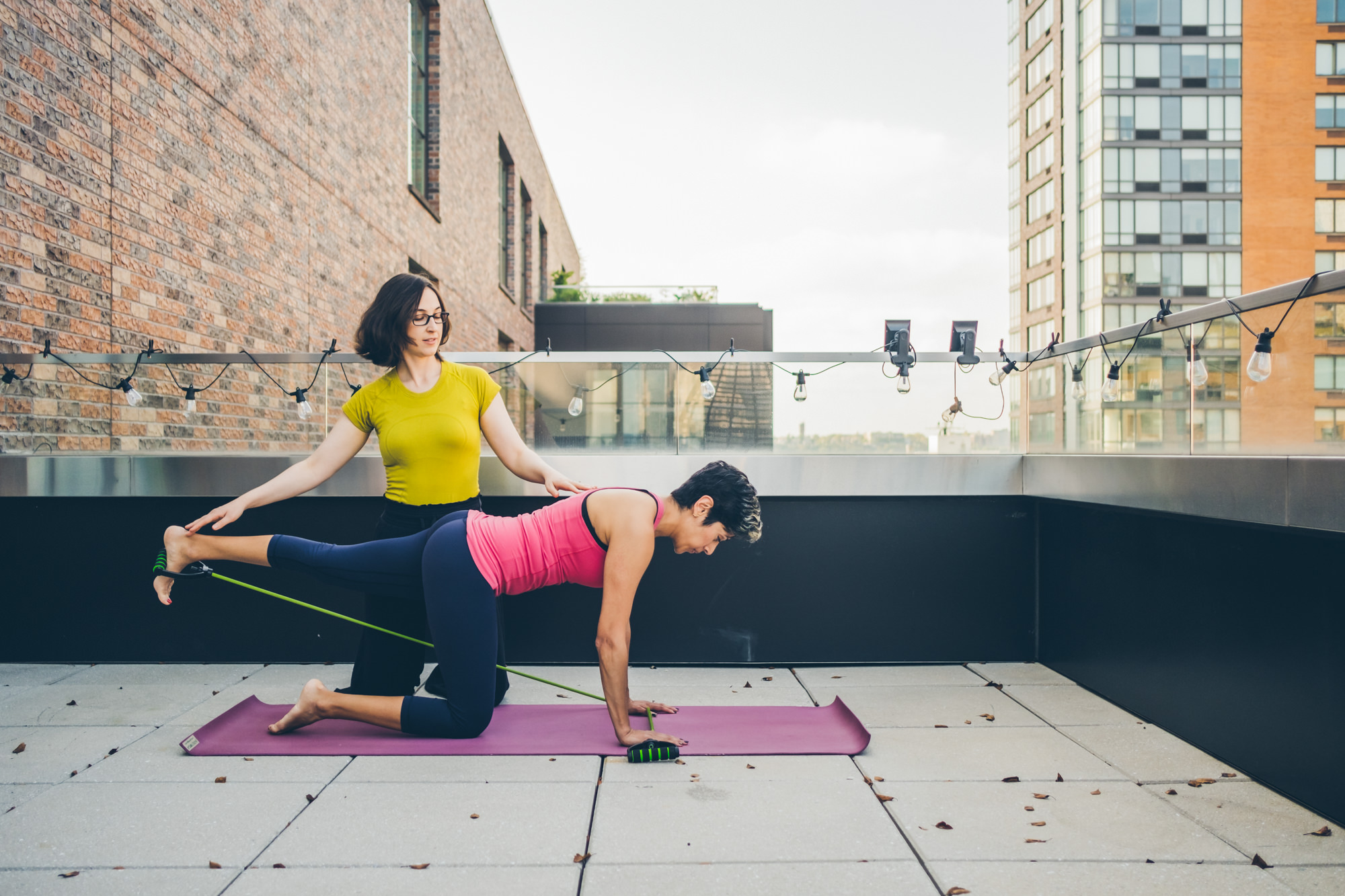
1. Exercise releases dopamine.
As we age we lose up to 13% of our dopamine receptors. Exercise can prevent this decline. An article for the The Greater Good Science Center at UC Berkeley outlines how exercise can reshape our brain’s reward systems to circulate more dopamine and have more available dopamine receptors. Meaning, moving our bodies can make us more sensitive to joy. A regular physical practice of any kind can help to combat depression and increase motivation in all aspects of your life.
2. Exercise boosts the immune system.
Restorative movement like yoga and pilates can be a powerful tool in reducing stress and strengthening your bodies natural defenses. Breath work conditions our respiratory system, stretching and strengthening cleanses and tones our vital organs. To read more about how exercise is an excellent tool in boosting our immune system check out our January blog post Boost your immune system with yoga and food.

3. Exercise improves learning and memory.
Exercise builds more than physical strength and balance. This article discusses recent studies that have been done investigating the hormone Irisin, which is released during physical activity, and its connection to improved cognitive function. Exercise not only conditions our bodies, but also our brains.
Engaging in physical challenges (big and small) allows us to access neuroplasticity. Neuroplasticity helps us learn and adapt to stress and challenges far beyond our workout. For more information about why exercise is a great tool for building cognitive function check out the podcast below.
4. Get moving!
If you’re interested in incorporating more movement into your life, reach out for a complimentary consultation, or check out my live online group classes including Yoga and Pilates, and a diastasis safe full body workout.
